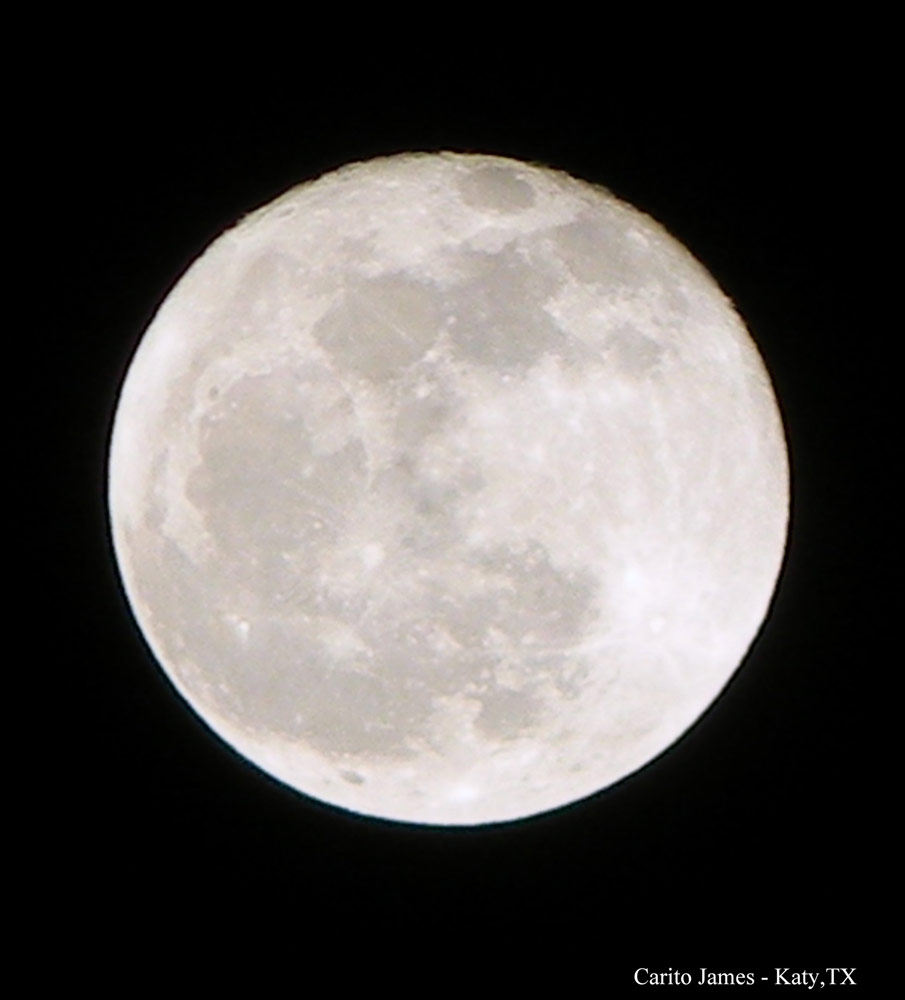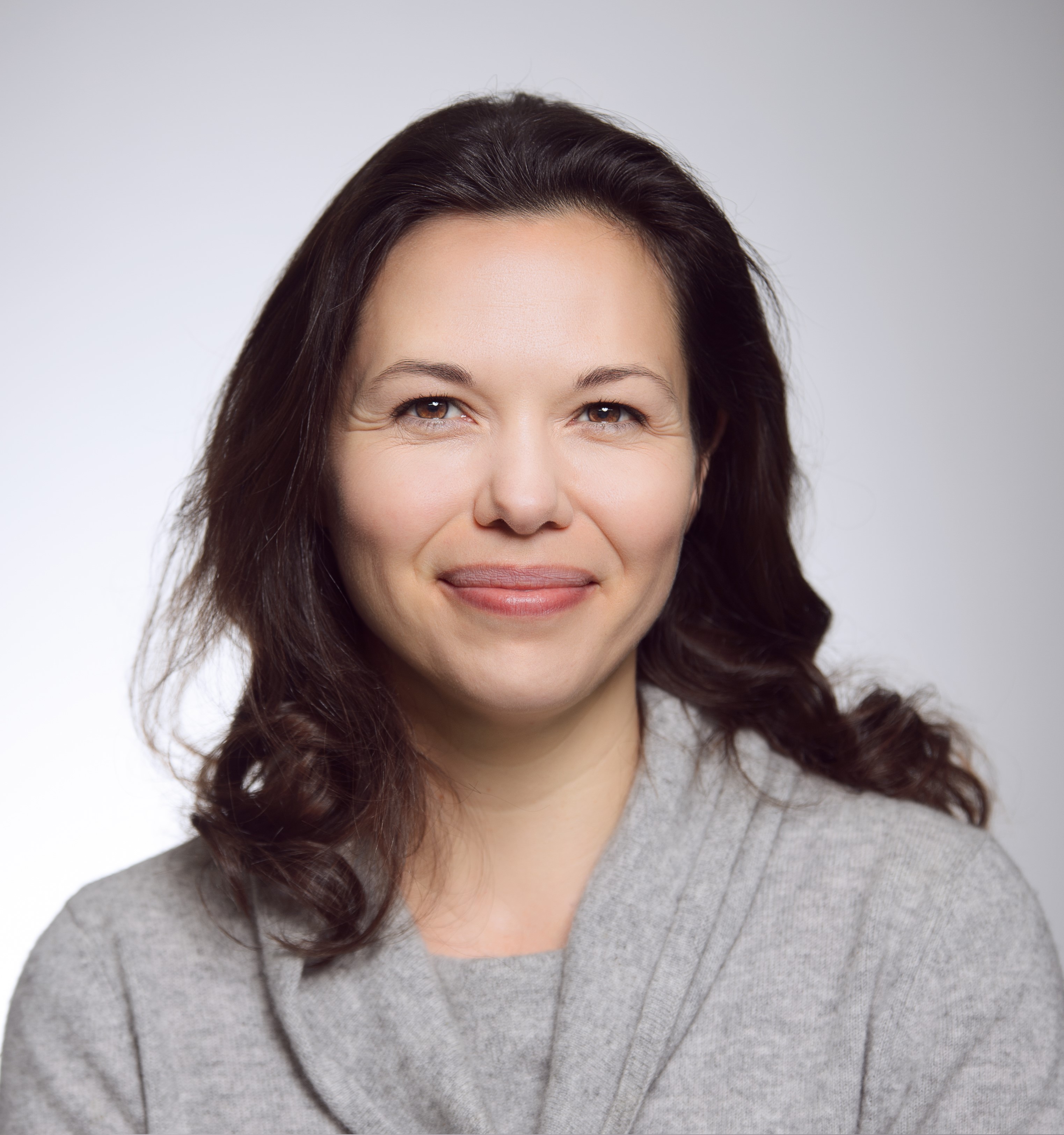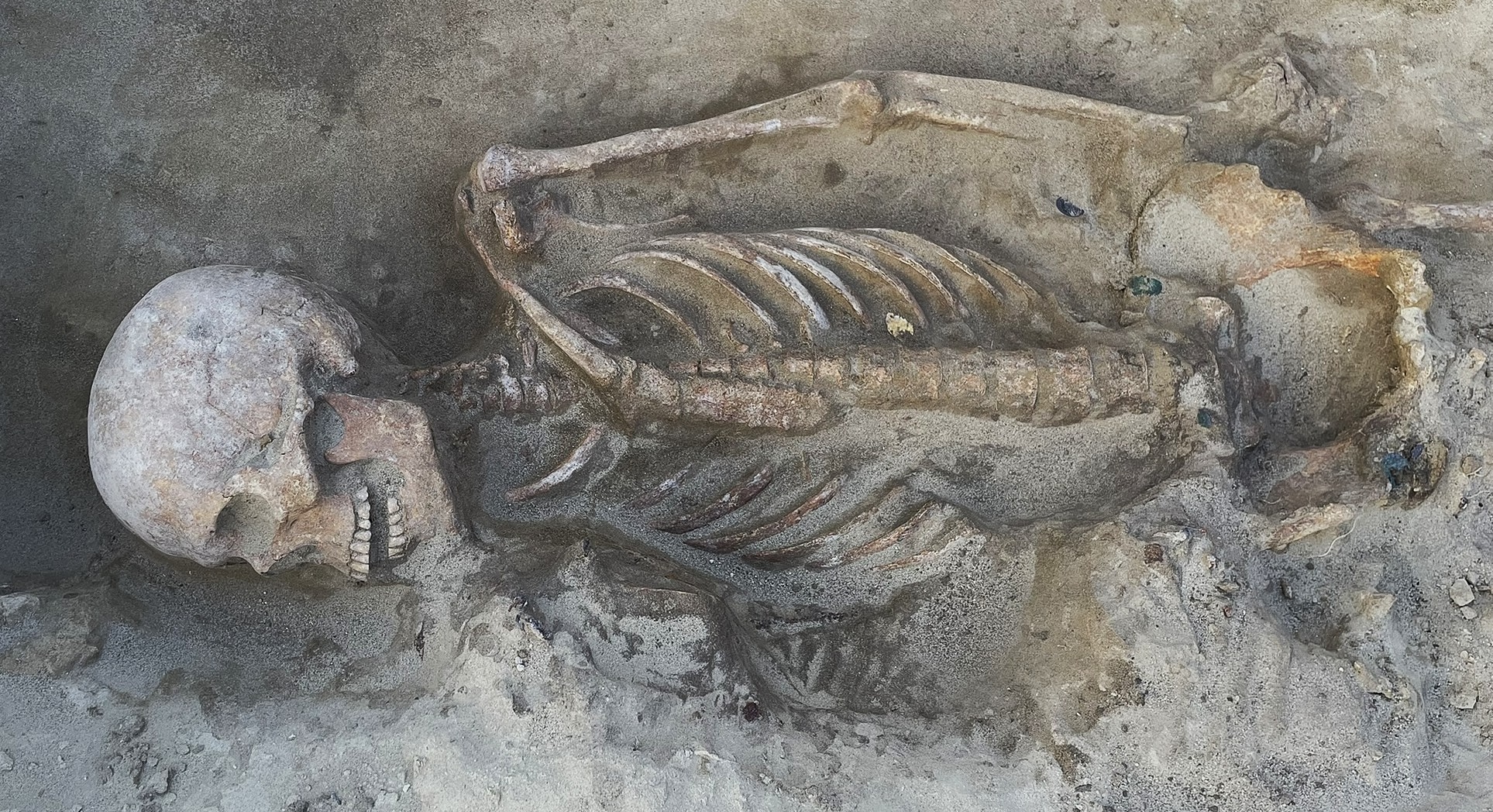25 Medical Myths That Just Won't Go Away
Myth: Eating at night makes you fat.

Don't feel guilty the next time you reach into the fridge for a midnight snack.
Though eating late at night has been associated with obesity, this eating behavior doesn't actually cause obesity.
"You shouldn't be afraid to have that midnight snack anymore than a mid-day or mid-morning snack," Carroll said.
Myth: Psychiatric and emergency room visits increase during the full moon.

Myths about the moon's effect on human behavior have been around since at least the Middle Ages, but science doesn't support full-moon folklore. For example, one popular myth states that emergency psychiatric visits increase around the full moon. But that's just not the case.
A2005 study by Mayo Clinic researchers looked at how many patients checked into a psychiatric emergency department between 6 p.m. and 6 a.m. over several years. The researchers found no statistical difference in the number of emergency psychiatric visits on the three nights surrounding full moons versus other nights of the lunar cycle.
And regular emergency-room visits are not any more common during a full moon, either. In 1996, researchers at Northwestern University examined 150,999 records of emergency-room visits to a suburban hospital. Their study found no significant difference between the number of visits during the full moon versus other nights.
Myth: Taking probiotics helps prevent colds.

Sure, probiotics won't make you sick, but they won't keep you from catching a cold, either, according to Dr. Patricia Hibberd, a professor of pediatrics and chief of global health at MassGeneral Hospital for Children in Boston.
Get the world’s most fascinating discoveries delivered straight to your inbox.
Although preliminary research does suggest that probiotics could possibly help ward off colds, no high-quality trials support this claim, Hibberd told Live Science in 2014.
Myth: Babies get fevers when they are teething.

This is one of those myths that every parent has heard: Babies get fevers when they teethe. But this medical myth is both false and potentially dangerous, according to Vreeman. Parents shouldn't write off a baby's fever as due to teething, she warned.
Research has not shown a strong relationship between teething and high body temperatures, so if your tot has a fever, it might be time to visit the doctor.
Myth: Pregnancy lasts nine months.

Everyone knows that pregnancy lasts nine months. But everyone is wrong about this "fact."
"It's actually more like nine and a half months," said Dr. Joanne Stone, an obstetrician at Mount Sinai School of Medicine in New York City and co-author of "Pregnancy for Dummies" (For Dummies, 2009).
Doctors typically measure a full-term pregnancy as lasting 40 weeks, counting from the first day of a woman's last period. But women usually become fertile 10 to 16 days after their period starts. So by this method of counting, the first two weeks of most pregnancies actually take place before a woman has conceived. And just to confuse the matter even more, researchers have found that the amount of time a healthy pregnancy lasts can vary by as much as five weeks.
Original on Live Science.
Robin Nixon is a former staff writer for Live Science. Robin graduated from Columbia University with a BA in Neuroscience and Behavior and pursued a PhD in Neural Science from New York University before shifting gears to travel and write. She worked in Indonesia, Cambodia, Jordan, Iraq and Sudan, for companies doing development work before returning to the U.S. and taking journalism classes at Harvard. She worked as a health and science journalist covering breakthroughs in neuroscience, medicine, and psychology for the lay public, and is the author of "Allergy-Free Kids; The Science-based Approach To Preventing Food Allergies," (Harper Collins, 2017). She will attend the Yale Writer’s Workshop in summer 2023.



